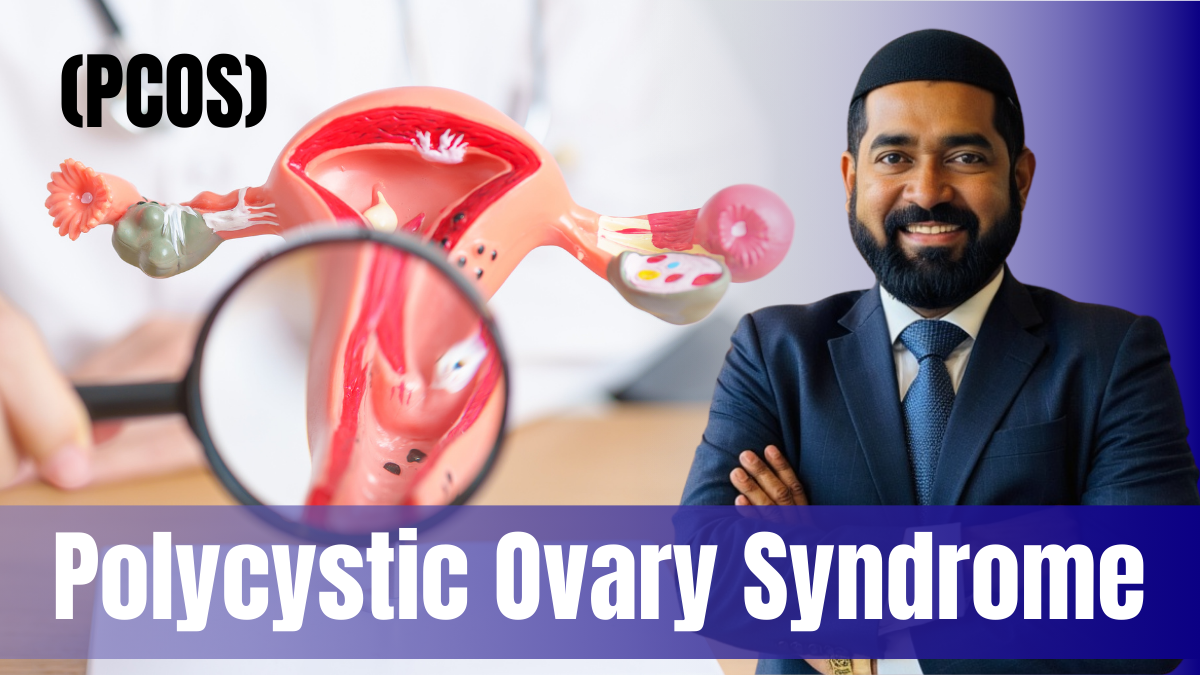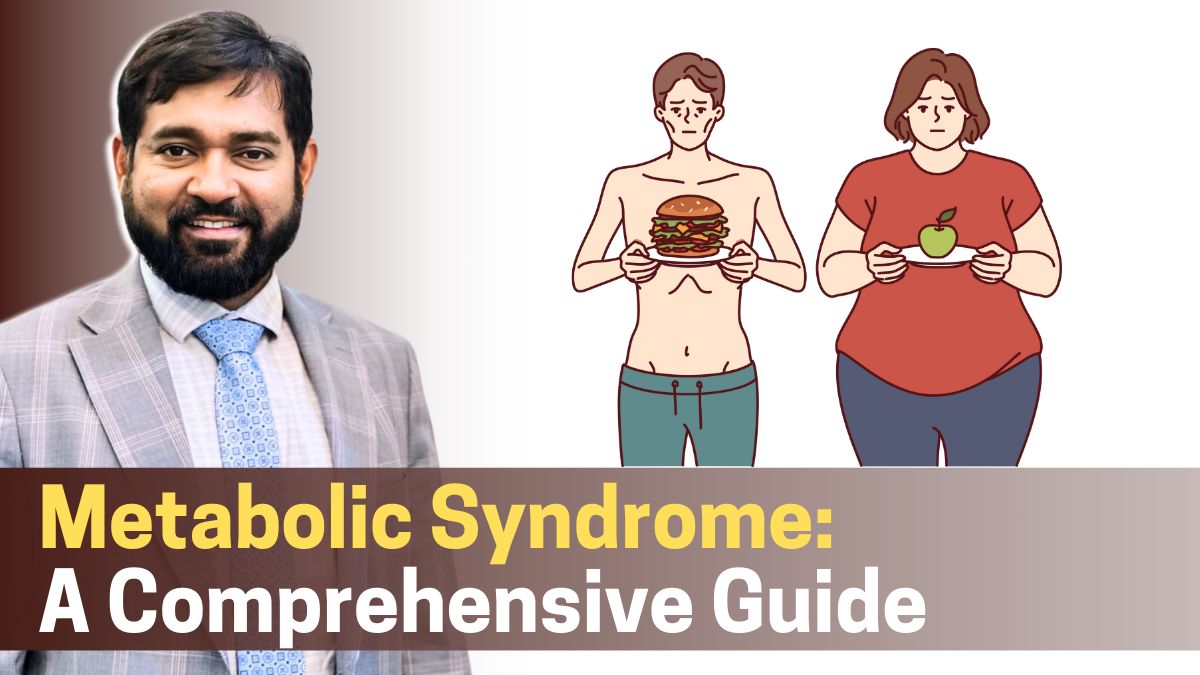26
What is Obesity? Causes, Symptoms, and Management
Obesity is a chronic health condition characterized by an excessive accumulation of body fat, which can impair health and increase the risk of various diseases. It is defined by a body mass index (BMI) of 30 or higher. Obesity affects millions worldwide and is becoming increasingly prevalent due to factors such as diet, lifestyle, and genetics. This article provides an overview of the causes, symptoms, diagnosis, and management strategies for obesity.
What is Obesity?
Obesity is not just a matter of appearance; it is a serious health condition that can lead to chronic diseases like diabetes, cardiovascular disease, and certain types of cancer. It is measured using BMI, which is calculated by dividing a person's weight in kilograms by the square of their height in meters. However, BMI does not account for muscle mass or body composition, so it may not be accurate for everyone, such as athletes with high muscle mass.
Causes of Obesity
The causes of obesity are multifaceted and include:
-
Diet: Consuming more calories than needed, particularly from high-fat and high-sugar foods, leads to weight gain.
-
Lack of Physical Activity: A sedentary lifestyle contributes to obesity as it reduces energy expenditure.
-
Genetics: Genetic factors can affect metabolism and fat storage.
-
Age: Metabolism slows down with age, making it easier to gain weight.
-
Sleep Deprivation: Lack of sleep can lead to hormonal changes that increase hunger and cravings for high-calorie foods.
-
Stress: Chronic stress can trigger overeating and fat storage.
-
Medical Conditions: Certain conditions like hypothyroidism, Cushing syndrome, and polycystic ovary syndrome (PCOS) can contribute to weight gain.
-
Medications: Some medications, such as steroids and certain antidepressants, can cause weight gain as a side effect.
Symptoms of Obesity
Symptoms of obesity may not be immediately apparent but can include:
-
Breathlessness: Shortness of breath during physical activity.
-
Joint Pain: Excess weight puts additional strain on joints.
-
Sleep Apnea: Interrupted breathing during sleep.
-
Varicose Veins: Enlarged veins due to increased blood pressure.
-
Skin Problems: Stretch marks and skin irritation.
Diagnosis of Obesity
Diagnosis involves calculating BMI and measuring waist circumference to assess health risks. A waist circumference greater than 35 inches in women and over 40 inches in men indicates a higher risk of metabolic problems6. Blood tests may also be conducted to check for related health issues like high cholesterol and diabetes.
Management and Prevention
Managing obesity involves a combination of lifestyle changes and, if necessary, medical interventions:
-
Dietary Changes: Focus on whole foods, fruits, vegetables, lean proteins, and whole grains to reduce calorie intake and improve nutrition.
-
Regular Exercise: Engage in moderate physical activity to increase energy expenditure and improve metabolic health.
-
Weight Management Programs: Structured programs may include counseling and support groups.
-
Medications: In some cases, medications may be prescribed to aid in weight loss.
-
Surgery: For severe obesity, surgical options like bariatric surgery may be considered.
Complications of Obesity
Obesity is linked to numerous serious health complications, including:
-
Cardiovascular Disease: Increased risk of heart disease and stroke.
-
Type 2 Diabetes: Obesity is a major risk factor for developing insulin resistance and type 2 diabetes.
-
Cancer: Higher risk of certain cancers, such as breast, colon, and kidney cancer.
-
Musculoskeletal Disorders: Conditions like osteoarthritis are more common in obese individuals.
Conclusion
Obesity is a complex health issue that requires a comprehensive approach for management and prevention. Understanding its causes, recognizing its symptoms, and adopting a healthy lifestyle are crucial steps in reducing the risk of obesity-related complications. By promoting awareness and encouraging proactive health measures, we can work towards mitigating the impact of obesity on individuals and communities worldwide.
Citations:
- https://www.nhs.uk/conditions/obesity/
- https://www.spirehealthcare.com/conditions/obesity/
- https://www.healthline.com/health/obesity
- https://www.healthdirect.gov.au/obesity
- https://www.who.int/health-topics/obesity
- https://www.apollohospitals.com/health-library/obesity-causes-symptoms-diagnosis-treatment/
- https://www.mayoclinic.org/diseases-conditions/obesity/symptoms-causes/syc-20375742
- https://my.clevelandclinic.org/health/diseases/11209-weight-control-and-obesity




